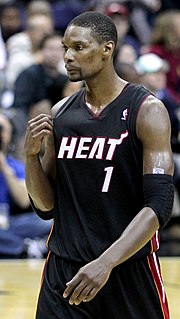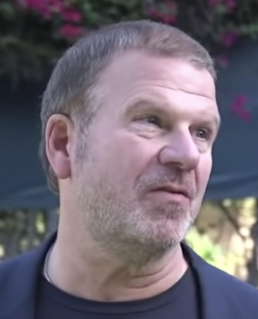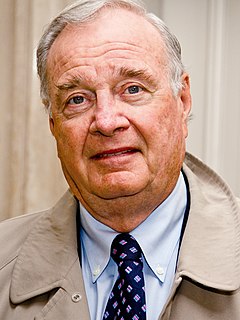A Quote by Eugene Fama
If you go back to the late '50s, there really was nothing called "academic finance." Well, there was something being taught in business schools as finance, but it really had no strong research underpinnings.
Related Quotes
The problem with the finance sector is not that it has crashed (though that has done enormous damage around the world) but the damage that it did even in its pomp. It is for that reason that we must not go back to business as usual. Most of all it is imperative we reduce the dominance of finance. And that means economically, ideologically, and in terms of political voice.
To invest successfully, you need not understand beta, efficient markets, modern portfolio theory, option pricing or emerging markets. You may, in fact, be better off knowing nothing of these. That, of course, is not the prevailing view at most business schools, whose finance curriculum tends to be dominated by such subjects. In our view, though, investment students need only two well-taught courses - How to Value a Business, and How to Think About Market Prices.
Business schools tend to focus on topics that are suitable to blackboards, so they overemphasize organization and finance. Until very recently, they virtually ignored manufacturing. I think of lot of the troubles of the 1970s and 1980s, and now more recently the 2000s can be traced pretty directly to the biases of the business schools.
As much as you need to know your operations, if you don't understand the finance side and how to do the business, you're never going to be successful. So you might be the best operator or visionary, but if you don't understand the finance side... I'm successful because I know the finance side, but I also know operations; it's not an accident.





































